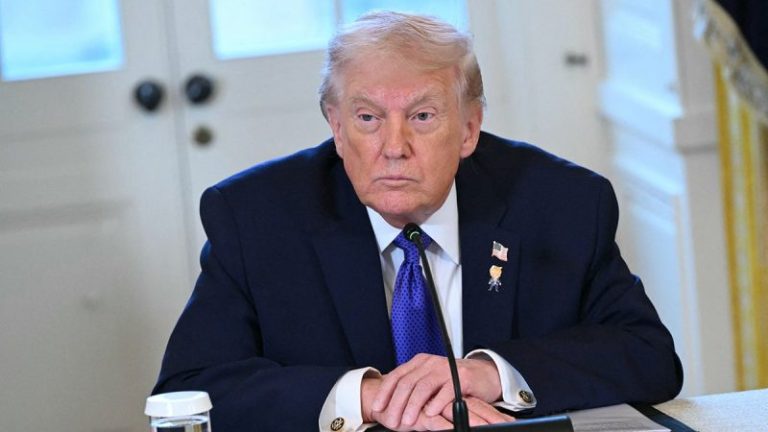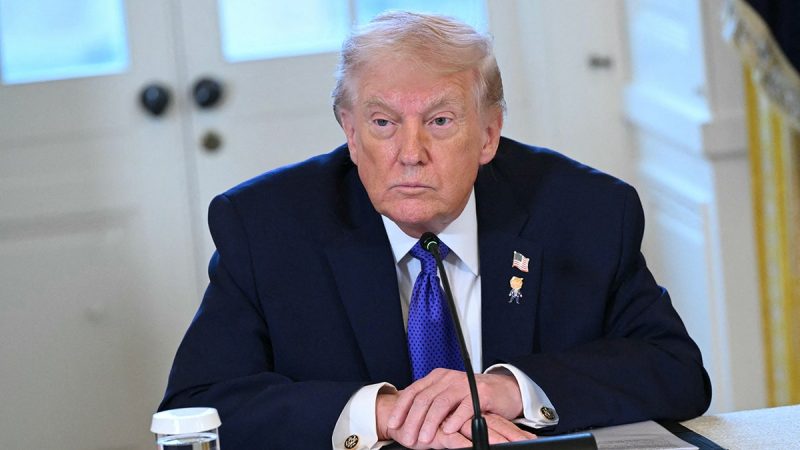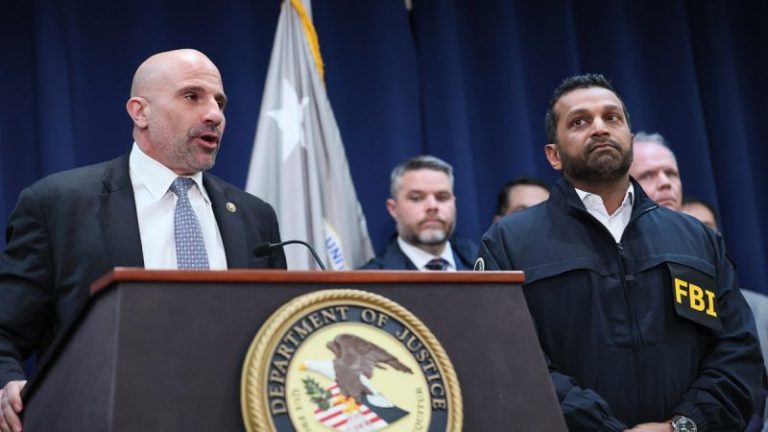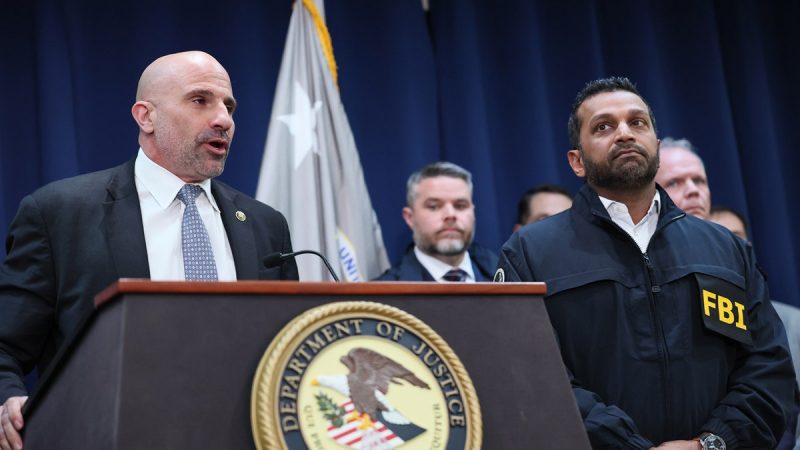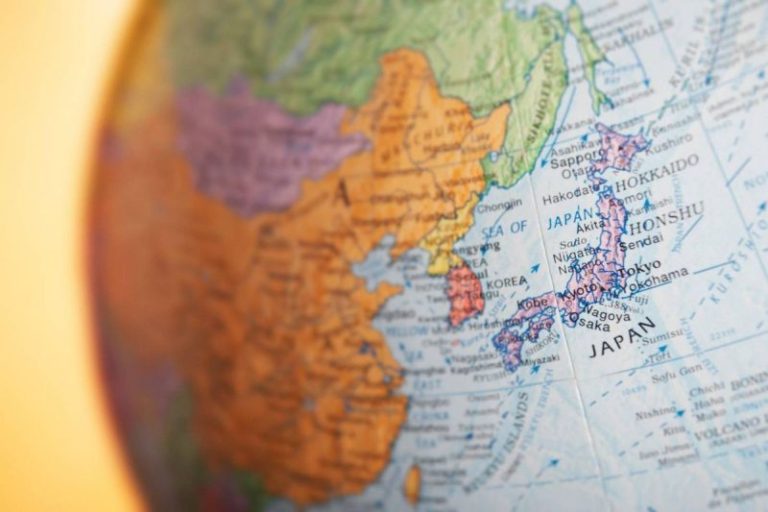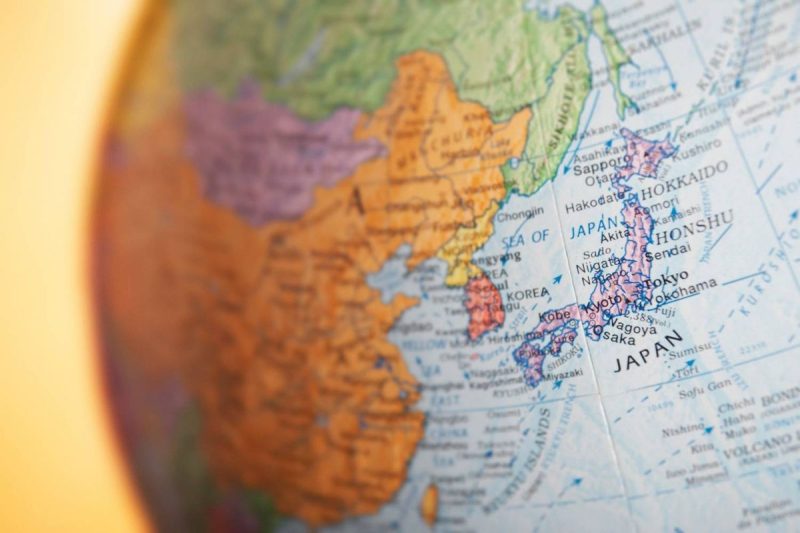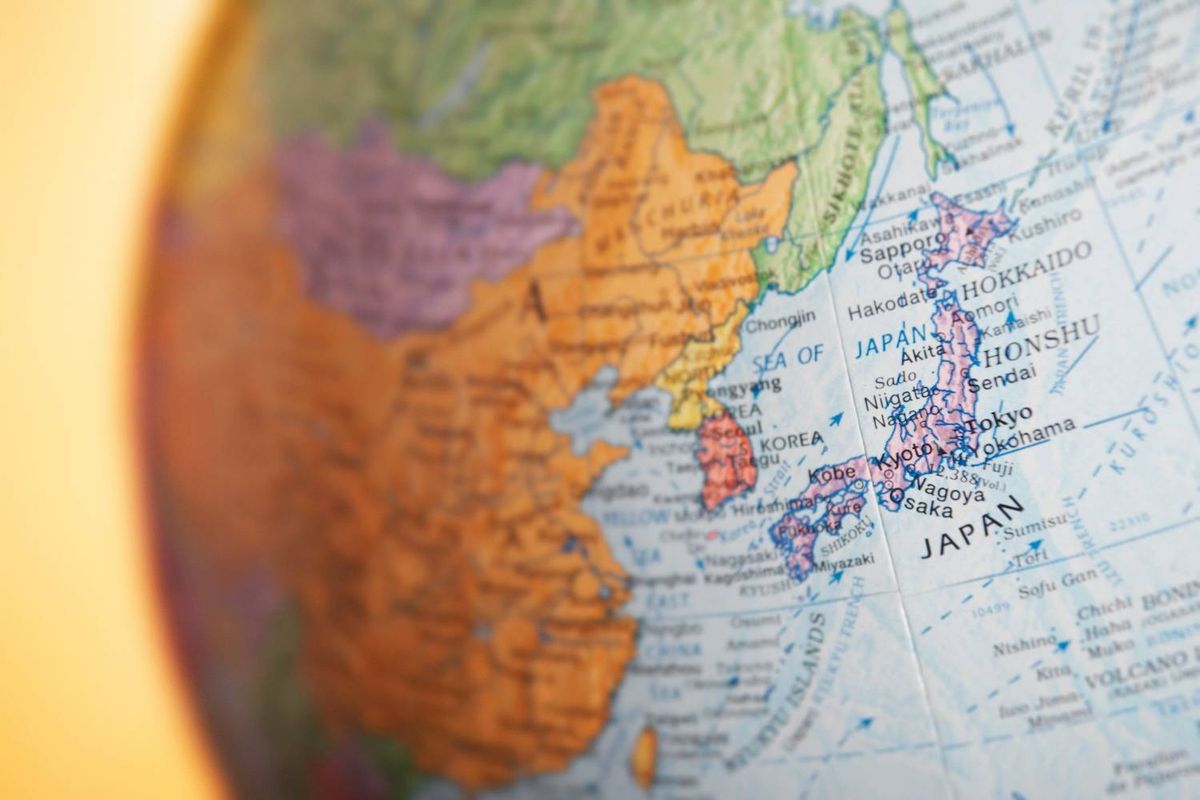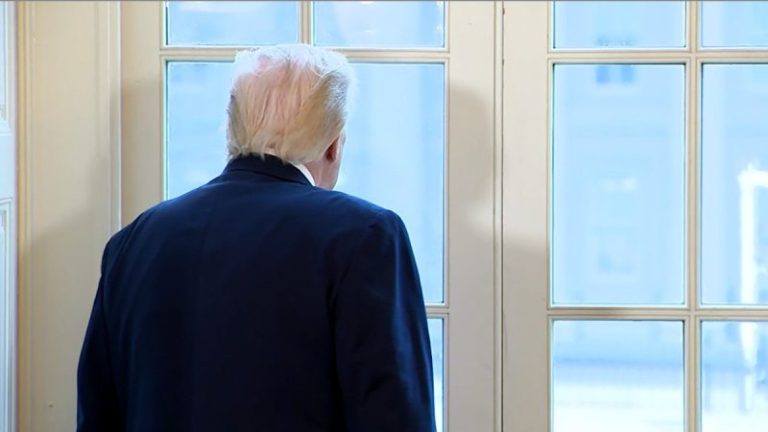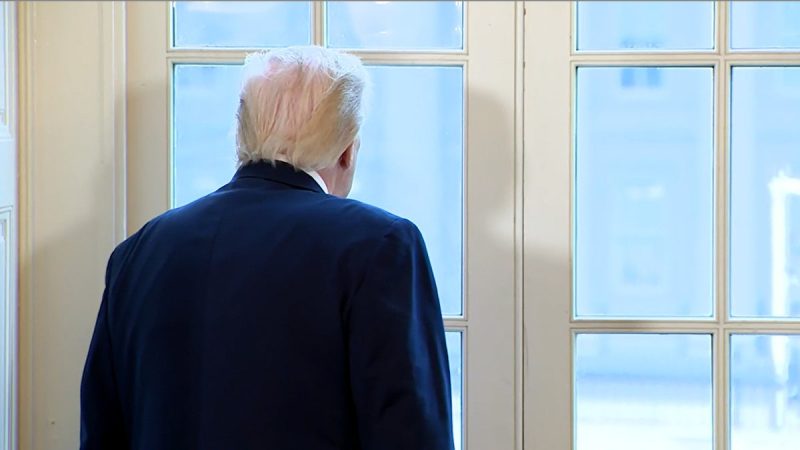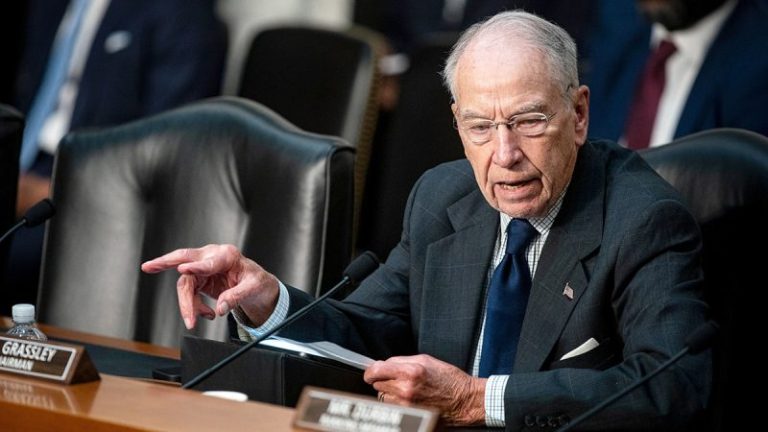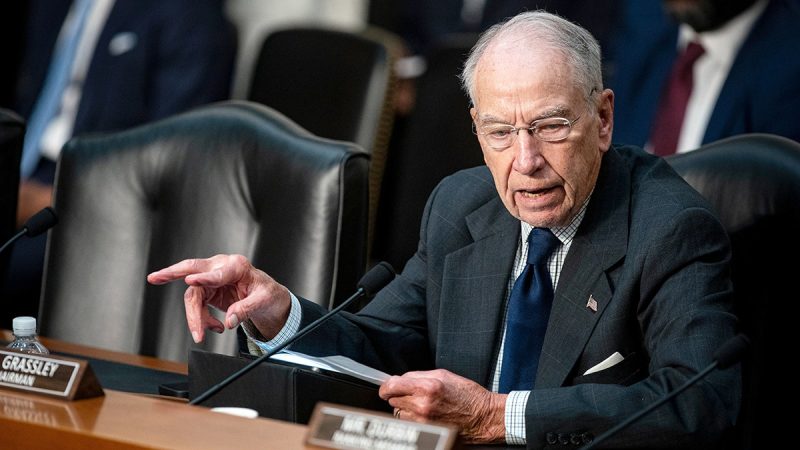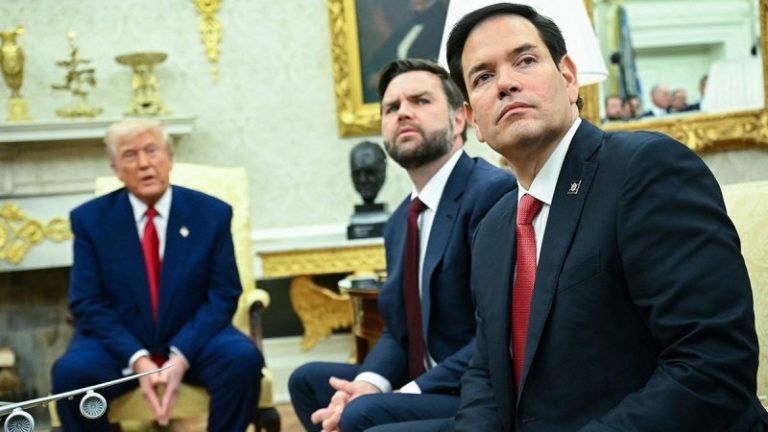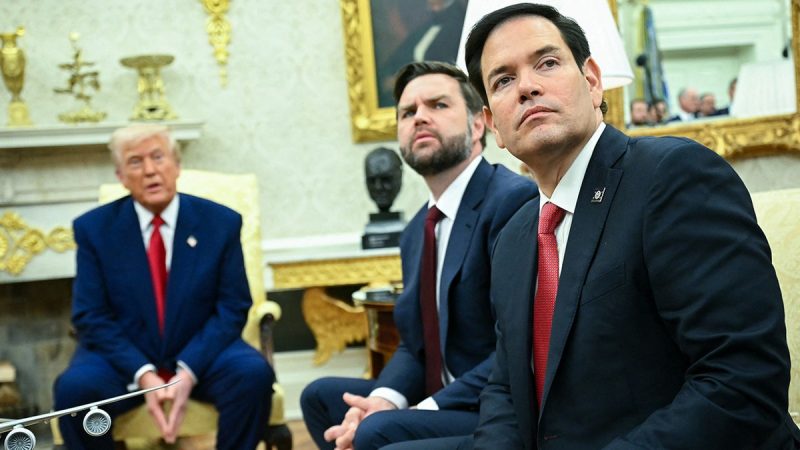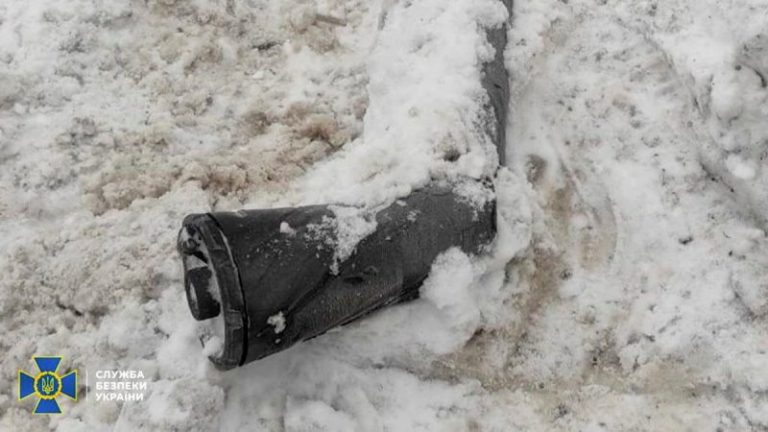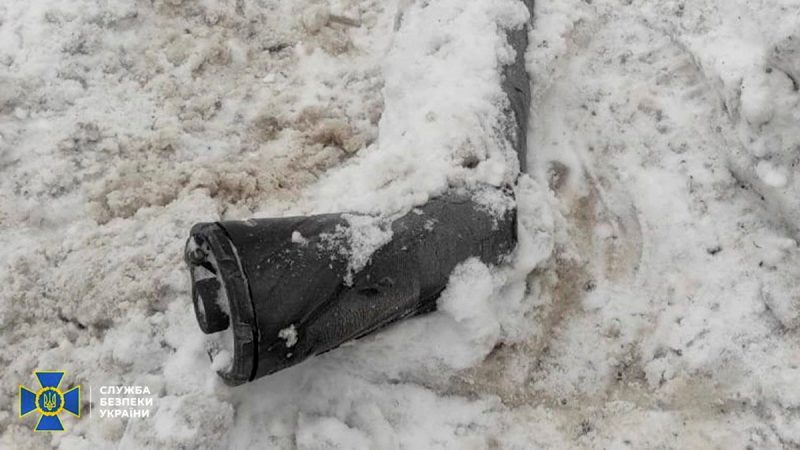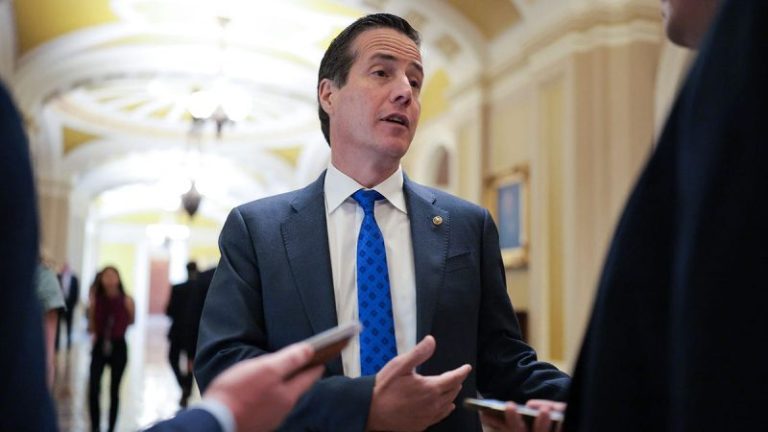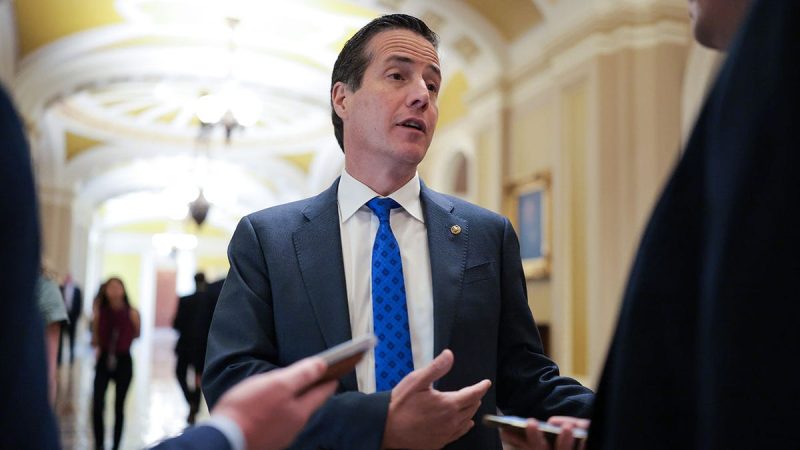

Statistics Canada released December jobs figures on Friday (January 9). The data shows that 8,200 new jobs were added during the month, while the unemployment rate rose to 6.8 percent, up 0.3 percentage points from November.
The agency attributes the gain to more Canadians actively seeking work. Analysts had expected a decrease of 5,000 jobs and a smaller increase in the unemployment rate to 6.6 percent.
Among the highlights of the report was an improvement in the type of labor, as part-time jobs fell by 42,000, while full-time jobs rose by 50,000. The gains bring the total number of jobs added to the Canadian economy since September to 181,000, ending the year with strong momentum after little growth earlier in 2025.
The US Bureau of Labor Statistics also released jobs data, indicating that the US economy added 50,000 jobs in December, with an unemployment rate of 4.4 percent, down 0.1 percentage points from November.
Excluding 2020 at the start of the COVID-19 pandemic, the 584,000 jobs added in 2025 mark the worst performance for the US jobs market since 2009 at the height of the global financial crisis.
On Wednesday (January 7), US President Donald Trump announced on Truth Social that Venezuela would be turning over up to 50 million barrels of oil to the US, worth approximately US$2.8 billion, and it would be sold at market price.
Trump wrote that he will control the money made from the sales “to ensure it is used to benefit the people of Venezuela and the United States.” The announcement comes days after US forces executed an operation to capture Venezuelan President Nicolas Maduro and return him to the US to stand trial for drug trafficking and weapons charges.
Trump also stated that the US will be overseeing the governance of the South American nation, while eyeing a return for US oil companies, giving the US control of one of the world’s largest oil reserves indefinitely.
The actions brought widespread criticism from US allies and foes alike, as the US violated international and domestic laws by working outside traditional mechanisms to carry out the operation, which included bombing strikes on strategic military targets in the country. Due in part to concerns of competition from rising Venezuelan oil production, some Canadian oil stocks fell by as much as 7 percent on Monday (January 5).
In mining news, Rio Tinto (ASX:RIO,NYSE:RIO,LSE:RIO) and Glencore (LSE:GLEN,OTCPL:GLCNF) restarted merger discussions this week. The companies previously discussed creating a combined entity in 2024, but talks stalled.
For more on what’s moving markets this week, check out our top market news round-up.
Markets and commodities react
Canadian equity markets were on the rise this week.
The S&P/TSX Composite Index (INDEXTSI:OSPTX) gained 2.51 percent over the week and set a new record to close Friday at 32,612.93; the S&P/TSX Venture Composite Index (INDEXTSI:JX) fared a little better, rising 4.91 percent to 1,052.18. The CSE Composite Index (CSE:CSECOMP) also gained ground, rising 5.17 percent to close at 182.45.
The gold price was trading near all-time highs this week following the US incursion into Venezuela. It gained 4.36 percent on the week to reach US$4,506.84 per ounce by Friday at 4:00 p.m. EST. The silver price did even better, trading near an all time high at US$82.54 per ounce on Tuesday (January 6). Although the price pulled back on Wednesday and Thursday (January 8), it rebounded on Friday to end the week up 10.17 percent at US$79.75.
In base metals, the Comex copper price climbed to its own record high, reaching US$6.12 per pound on Monday, before pulling back to end the week down 0.67 percent at US$5.91.
The S&P Goldman Sachs Commodities Index (INDEXSP:SPGSCI) rose 2.06 percent to end Friday at 559.83.
Top Canadian mining stocks this week
How did mining stocks perform against this backdrop?
Take a look at this week’s five best-performing Canadian mining stocks below.
Stocks data for this article was retrieved at 4:00 p.m. EST on Friday using TradingView’s stock screener. Only companies trading on the TSX, TSXV and CSE with market caps greater than C$10 million are included. Mineral companies within the non-energy minerals, energy minerals, process industry and producer manufacturing sectors were considered.
1. Gold Reserve (TSXV:GRZ)
Weekly gain: 131.78 percent
Market cap: C$662.66 million
Share price: C$5.47
Gold Reserve is an exploration company that holds a minority share in the Siembra Minera gold and copper project in Venezuela. It is currently in a dispute with the Venezuelan government, which holds a majority stake in the project, claiming that it has deprived Gold Reserve of its rights to the multi-billion dollar mining project.
In 2014, the government was ordered to pay over US$700 million to Gold Reserve, but, in a show of good faith, the company agreed to enter into settlement negotiations, ultimately agreeing in 2016 to pay the arbitration award in installments. However, according to Gold Reserve, the government failed to make payments and, by 2021, had shifted to sabotaging negotiations, entering into new deals over the property with rivals, and imprisoning the company’s chief legal and commercial representative. The company states the imprisonment intimidated potential court representatives for the company, and the Supreme Court of Venezuela dismissed Gold Reserve’s appeal for “lack of representation.”
More recently, Gold Reserve has pursued legal action in Delaware regarding the forced sale of assets owned by Venezuela’s state-owned oil producer, PDVSA, and CITGO. In its most recent update on the Delaware case Friday, Gold Reserve said that it filed its opening appeal brief with the US Court of Appeals for the Third Circuit in connection with the proposed sale of the oil companies’ assets. Although Gold Reserve was the highest bidder, the District Court approved the sale to Elliott Investment Management and affiliate Amber Energy. Gold Reserve asserts that the order approving the sale violated Delaware requirements that attached shares be sold to the highest bidder.
The company believes there are enough concerns to vacate the sale order. It also added that it is reviewing security plans and taking proactive steps to support an eventual safe return to its operations in Venezuela.
Shares surged this week following the capture of Venezuela’s Maduro by US forces on January 3.
2. Peloton Minerals (CSE:PMC)
Weekly gain: 92.86 percent
Market cap: C$42.06 million
Share price: C$0.27
Peleton Minerals is an exploration company focused on its flagship North Elko lithium project in Nevada, US.
The property consists of 442 mineral claims covering 37 square kilometers, west of a major discovery made by Surge Battery Metals (TSXV:NILI,OTCQX:NILIF) in 2023. In 2024 and 2025, Peloton carried out several exploration programs at the site, including airborne hyperspectral imaging, a soil geochemistry survey and geological mapping.
In November 2025, the company commenced a maiden drill program at the site, saying it planned to target lithium-bearing claystone layers with potential for other critical minerals.
The program consisted of four holes, each drilled to a depth of approximately 500 feet. Peloton announced on December 10 that the program was complete and confirmed near-surface clay layers. The company had submitted samples for multi-element analysis, with results not expected until the end of January 2026.
Shares in the company gained this week, but it has not released news since December 31, when it reported the closing of the third and final tranche of its non-brokered private placement. The three fundraising rounds raised C$1.17 million in total and proceeds will fund lithium exploration in Northern Nevada and working capital.
3. Decade Resources (TSXV:DEC)
Weekly gain: 77.78 percent
Market cap: C$13.84 million
Share price: C$0.08
Decade Resources is focused on advancing a portfolio of properties in the Golden Triangle region of BC, Canada.
Among its interests is a 55 percent stake in the Del Norte property located near Stewart, BC. The company acquired its share in the property from Teuton Resources (TSXV:TUO,OTCQB:TEUTF) via a January 2020 option deal.
Since that time, the company has executed the required C$4 million in exploration expenditures at Del Norte, and is now looking toward earning an additional 20 percent stake by bringing the property to commercial production.
Drilling at the site in 2024 led to the discovery of a new zone with assays of 6.59 grams per metric ton (g/t) gold and 946 g/t silver over 1 meter, located below the Kosciuszko zone.
The most recent update came on Tuesday, when Decade provided an overview of the property and laid out its exploration plans for 2026. The work would focus on several areas, including one 800 meters southwest of the Eagle’s Nest zone where a historic float sample returned values of 4,232.2 g/t silver and 13.59 g/t gold in 1994. Targets also include the 2024 discovery, and along strike from the Kosciuszko and Eagle’s Nest zones.
4. SouthGobi Resources (TSX:SGQ)
Weekly gain: 68.89 percent
Market cap: C$99.39 million
Share price: C$0.38
SouthGobi is a coal mining company with assets located in Southern Mongolia near the border with China.
Its flagship operation is the Ovoot Tolgoi coal mine, which consists of the Sunrise and Sunset pits and has been producing since 2008. SouthGobi holds permits to mine until 2037. The company also owns two additional properties in the region. The Soumber deposit is located 20 kilometers east of the Ovoot Tolgoi mine, meaning that any potential mining of Soumber could share Ovoot Tolgoi’s infrastructure. Its last property is the Zag Suuj deposit, located 150 kilometers east of Ovoot Tolgoi and 80 kilometers from the Mongolia-China Border.
The company has not released any news this past week.
5. Regency Silver (TSXV:RSMX)
Weekly gain: 65.38 percent
Market cap: C$19.16 million
Share price: C$0.215
Regency Silver is an exploration company focused on its Dios Padre precious metals and copper property in Sonora, Mexico. The site comprises three concessions covering a total area of 728 hectares and was acquired through a 2017 earn-in agreement with Minera Pena Blanca. It hosts the historic Dios Padre silver mine.
A March 2023 technical report outlines an inferred resource of 1.38 million metric tons of ore containing 10.15 million ounces of silver with an average grade of 228 g/t, plus 14,294 ounces of gold with an average grade of 0.32 g/t.
The most recent update from the project came on Thursday, when Regency announced a 225 meter step-out extension from the previous drilling. The company said it encountered sulfide-specularite supported breccia across a broad, non-continuous interval of 240 meters. While it has not received analytical results, it compared the breccia to that found in multiple other holes at the site, including one in which a 35.8 meter intersection returned grades of 6.84 g/t gold, 0.88 percent copper and 21.82 g/t silver. The news coincides with near-record-high gold and silver prices.
FAQs for Canadian mining stocks
What is the difference between the TSX and TSXV?
The TSX, or Toronto Stock Exchange, is used by senior companies with larger market caps, and the TSXV, or TSX Venture Exchange, is used by smaller-cap companies. Companies listed on the TSXV can graduate to the senior exchange.
How many mining companies are listed on the TSX and TSXV?
As of May 2025, there were 1,565 companies listed on the TSXV, 910 of which were mining companies. Comparatively, the TSX was home to 1,899 companies, with 181 of those being mining companies.
Together, the TSX and TSXV host around 40 percent of the world’s public mining companies.
How much does it cost to list on the TSXV?
There are a variety of different fees that companies must pay to list on the TSXV, and according to the exchange, they can vary based on the transaction’s nature and complexity. The listing fee alone will most likely cost between C$10,000 to C$70,000. Accounting and auditing fees could rack up between C$25,000 and C$100,000, while legal fees are expected to be over C$75,000 and an underwriters’ commission may hit up to 12 percent.
The exchange lists a handful of other fees and expenses companies can expect, including but not limited to security commission and transfer agency fees, investor relations costs and director and officer liability insurance.
These are all just for the initial listing, of course. There are ongoing expenses once companies are trading, such as sustaining fees and additional listing fees, plus the costs associated with filing regular reports.
How do you trade on the TSXV?
Investors can trade on the TSXV the way they would trade stocks on any exchange. This means they can use a stock broker or an individual investment account to buy and sell shares of TSXV-listed companies during the exchange’s trading hours.
Top 5 Canadian Mining Stocks This Week: St. Augustine Rises 67 Percent on Private Placement

Article by Dean Belder; FAQs by Lauren Kelly.
Securities Disclosure: I, Dean Belder, hold no direct investment interest in any company mentioned in this article.
Securities Disclosure: I, Lauren Kelly, hold no direct investment interest in any company mentioned in this article.


